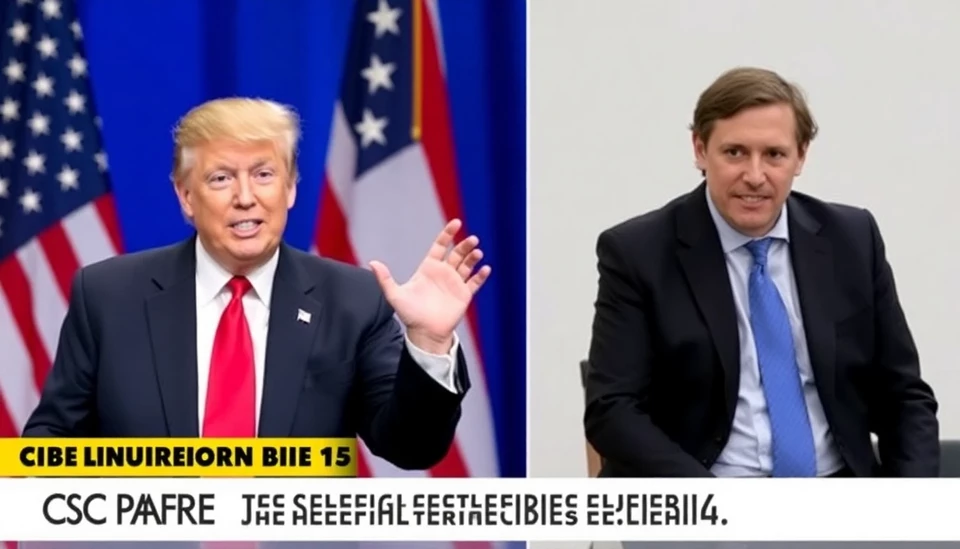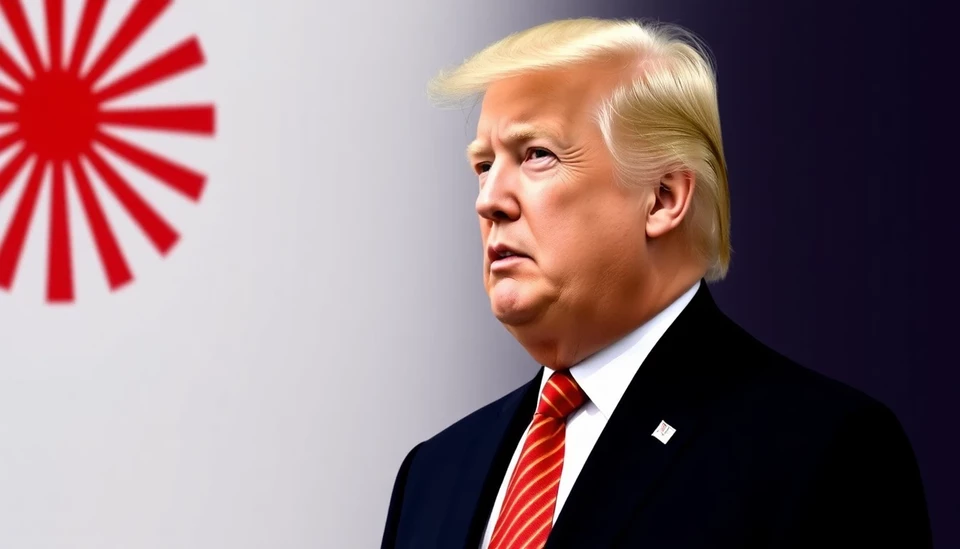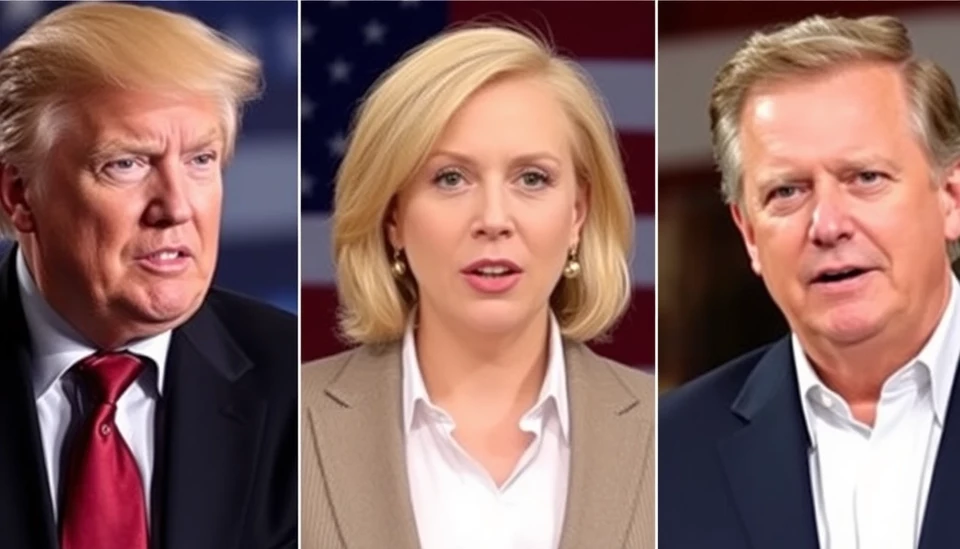
As global economic challenges mount, two prominent political figures stand out for their divergent approaches to austerity: former U.S. President Donald Trump and Argentine economist and presidential candidate Javier Milei. Their starkly contrasting views illustrate the varying philosophies that can shape fiscal policy amid tough economic conditions.
Donald Trump’s approach to economic management is rooted in supply-side economics, advocating for tax cuts and deregulation as means to stimulate growth. During his presidency, Trump pursued aggressive tax reforms, reducing corporate tax rates significantly to boost investment and consumer spending with the aim of enhancing economic activity. This approach emphasizes stimulating the economy from the top down, which Trump believes will eventually benefit all layers of society. His stance incorporates skepticism towards austerity measures, which he argues can stifle growth and exacerbate economic downturns.
On the flip side, Javier Milei, who has garnered international attention for his radical libertarian views, champions a stringent austerity framework. With a background as a successful economist, Milei's political stance is deeply influenced by his belief in drastically reducing public spending and minimizing government intervention in the economy. He advocates for severe cuts to state-funded programs and services, asserting that such measures are essential to curbing inflation and restoring fiscal discipline. Milei's position stems from frustration with Argentina's chronic economic crises, characterized by high inflation rates and fiscal mismanagement that he believes require drastic action.
The contrasting ideologies of Trump and Milei extend beyond mere fiscal policy and into broader political narratives about the role of government in economic matters. Trump’s narrative is largely populist, resonating with voters who feel disenfranchised by the establishment and are eager for economic revitalization. Conversely, Milei’s libertarian stance appeals to those disillusioned by the Argentine government’s historical failures and who advocate for a radical overhaul of the current economic framework in favor of personal freedoms and minimal state intervention.
The landscape in which both leaders operate also plays a crucial role in their economic strategies. In the United States, although economic growth has been robust during Trump's tenure, there are increasing concerns regarding debt levels and the sustainability of such growth without some level of fiscal restraint. Meanwhile, Argentina's dire economic situation, with soaring inflation rates that have reached alarming levels, demands immediate and drastic solutions, which Milei proposes through strict austerity measures.
As the political climate continues to evolve, the potential for each leader’s methodologies to influence their respective countries remains significant. Trump's policies are slated to influence the upcoming presidential elections in the United States, while Milei's radical proposals may reshape the Argentine political discourse, compelling opponents to clarify their positions on fiscal responsibility and governance.
In conclusion, Trump and Milei's contrasting beliefs regarding austerity reflect broader ideological divides in contemporary politics. Whether voters in their respective countries will support these divergent paths remains to be seen, but it is clear that each leader's philosophy will continue to provoke debate on how best to navigate economic challenges.
#DonaldTrump #JavierMilei #Austerity #Economics #USPolitics #ArgentinaPolitics #FiscalPolicy
Author: Rachel Greene




